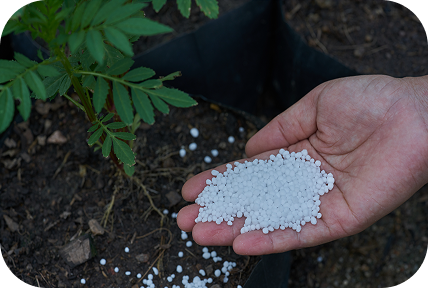In the world of sustainable agriculture, vermicompost has emerged as a game-changer. This nutrient-rich organic fertilizer is created by harnessing the power of earthworms, turning waste into black gold for your crops. Not only does it enrich your soil, but it also reduces the need for chemical fertilizers, making it a must-have for farmers and gardeners aiming for eco-friendly practices.
What is Vermicompost ?
Vermicomposting is the process of using earthworms to decompose organic waste. The worms consume organic matter and excrete castings rich in nutrients like nitrogen, phosphorus, potassium, and beneficial microbes that enhance soil fertility
Here’s a step-by-step guide to preparing vermicompost:
Step 1: Setting Up the Vermi Bed
- Select a location: Choose a shaded area with good ventilation.
- Prepare the bed: Create a bed with a mix of cow dung, soil, and water.
Step 2: Adding Worms and Waste
- Introduce earthworms: Add 1-2 kg of earthworms (Eisenia fetida) per 10 sq. ft. bed area.
- Add organic waste: Mix in vegetable waste, tea bags, coffee grounds, and other organic materials
Step 3: Maintaining the Bed
- Maintain moisture: Keep the bed moist, like a damp sponge.
- Add bedding materials: Regularly add bedding materials like coconut coir or straw.
Step 4: Ready to Vermi Compost
- Wait 2-3 months: Allow the worms to break down the waste.
- Separate worms and compost: Use a light source to drive worms to the bottom of the bed.
Tips and Precautions
- Avoid overfeeding: Don’t add too much waste, as it can attract pests.
- Maintain pH balance: Ensure the pH level is between 6.5-7.5.
- Monitor for pests: Regularly check for pests and diseases.
Importance of vermicompost –
- Waste Reduction: Helps reduce organic waste in landfills.
- Soil Fertility: Enriches soil with essential nutrients like nitrogen, phosphorus, and potassium.
- Improves Soil Structure: Enhances soil aeration, drainage, and water retention.
- Eco-Friendly: Reduces the need for chemical fertilizers and promotes sustainable practices.
- Boosts Plant Growth: Promotes healthy root development and overall plant health.



